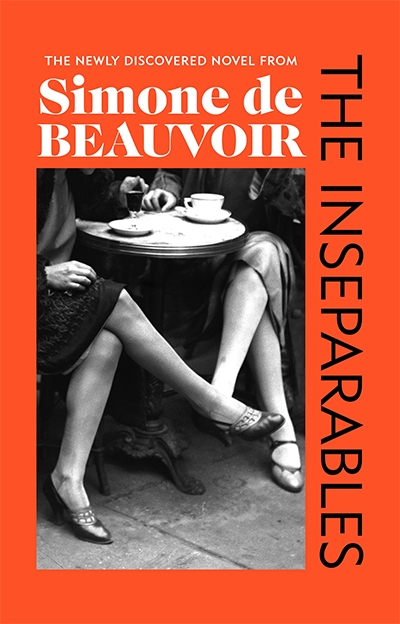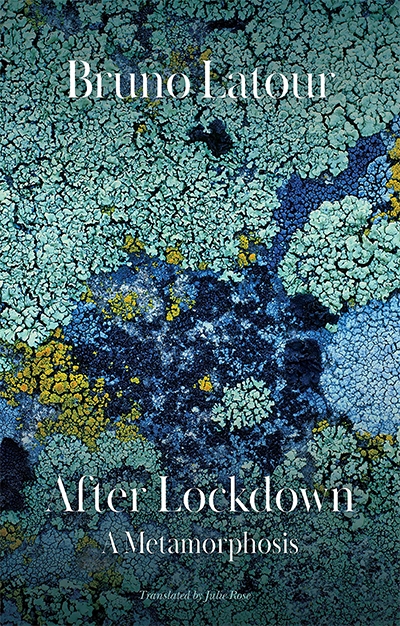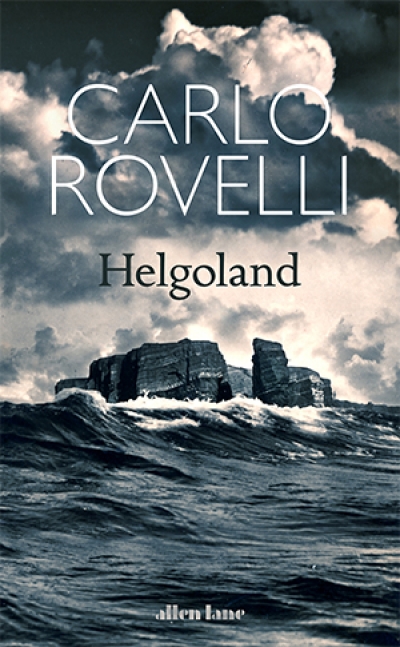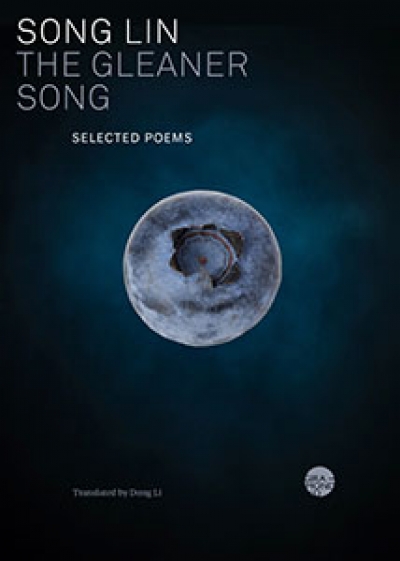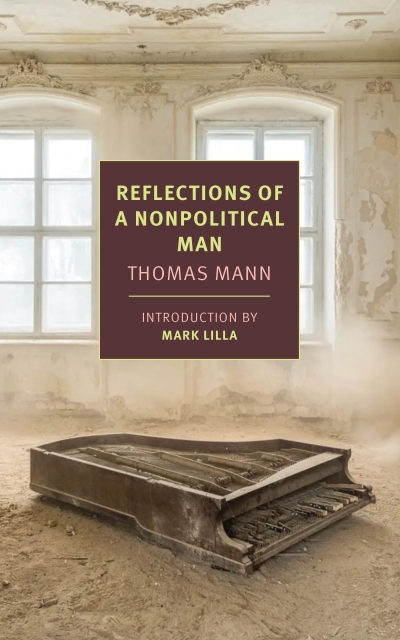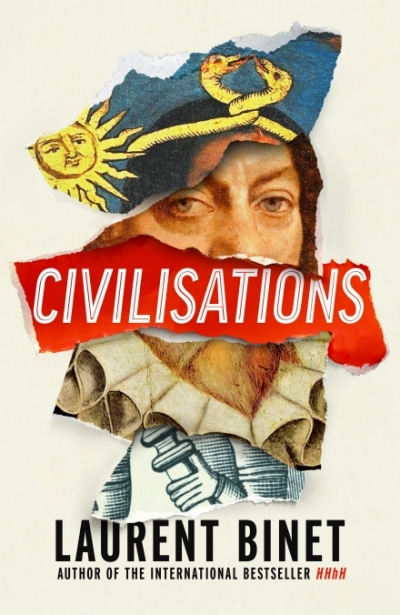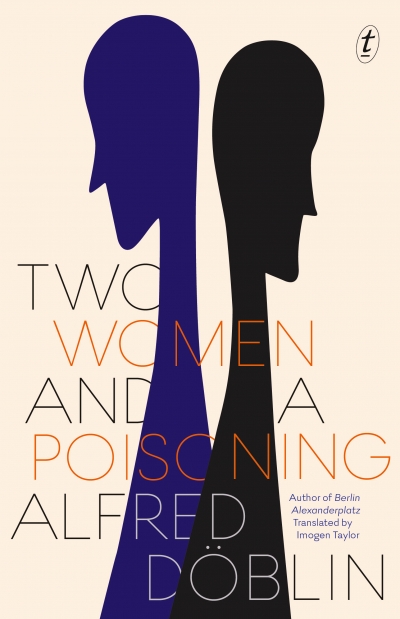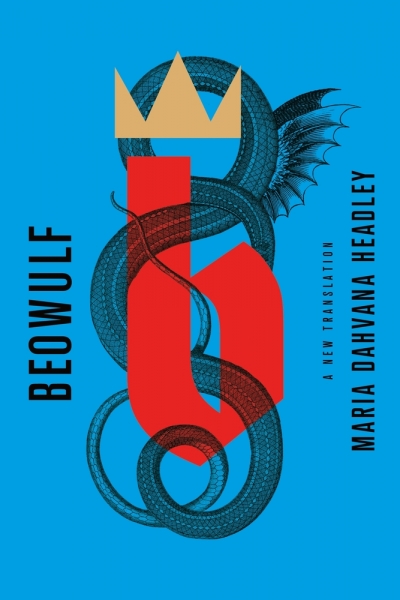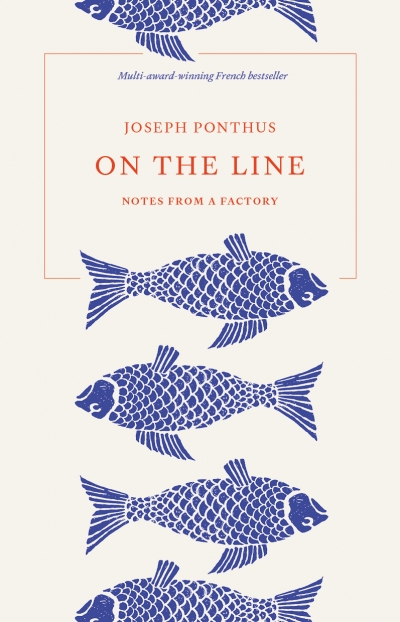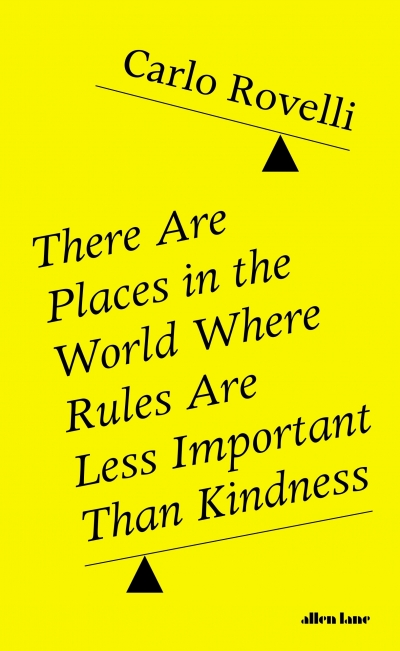Translations
The Inseparables by Simone de Beauvoir, translated by Lauren Elkin
‘I loathe romans à clef as much as I loathe fictionalised biographies,’ wrote Simone de Beauvoir (1908–76). For this reason, the novel and the memoir were her preferred genres, even though the boundaries between the two were frequently blurred, a distinction that Beauvoir insisted must be maintained: fiction has ‘only very dubious connections with truth’. While Beauvoir was adamant that her fictional women protagonists are ‘not her’ in any recognisable sense, she conceded that characters may resemble living models. The most famous example is Lewis in The Mandarins (1954), loosely based on Nelson Algren, the American writer and Beauvoir’s lover for some twenty years. It may be loose, but the resemblance was enough for Algren to take his revenge by panning subsequent American editions of Beauvoir’s work. Even memoir has a very particular relationship to reality for Beauvoir. The writer of the memoir is not the same as the subject: the future, she notes in Memoirs of a Dutiful Daughter (1958), ‘would turn me into another being, someone who would still be, and yet no longer seem, myself’.
... (read more)After Lockdown: A metamorphosis by Bruno Latour, translated by Julie Rose
Bruno Latour’s new book, After Lockdown: A metamorphosis, is so engaging from the first that one feels obliged to begin just where he does: with an arresting portrait of a man who wakes from a long sleep to find that everything, save the moon and its indifferent rotations, makes him uneasy. Everywhere he sees reminders of the lost innocence of the Anthropocene. The sun brings to mind global warming; the trees, deforestation; the rain, drought. Nothing in the landscape offers solace. Pollution has left its mark everywhere, and he feels vaguely responsible for it all. And now, to top it off, the very breath that sustains his life carries the risk of premature death. How many of his neighbours might he infect (or be infected by) amid the vapour trails of his evening walk? Nature, it seems, is having its revenge, and the ‘in-out-in’ of lockdown threatens to become interminable.
... (read more)Helgoland by Carlo Rovelli, translated by Erica Segre and Simon Carnell
Theoretical physicist Carlo Rovelli has a gift for writing short, conversational, popular physics books. His earlier works, notably Seven Brief Lessons in Physics (2015) and The Order of Time (2018), have been bestsellers, and Helgoland is continuing the trend.
... (read more)The Gleaner Song by by Song Lin, translated by Dong Li & Vociferate | 詠 by Emily Sun
The Chinese poet is so often a wanderer and an exile. The tradition goes back to Qu Yuan (c.340–278 BCE), author of ‘Encountering Sorrow’, the honest official who was banished from court and drowned himself in a river, and it continues to our time. During the Sino–Japanese war (1937–45) a group of patriotic early Chinese modernists were displaced from their Beijing universities to an improvised campus in the south-west, where they read avant-garde Western poetry.
... (read more)Reflections of a Nonpolitical Man by Thomas Mann, translated by Walter D. Morris
Nobel Laureate, author of The Magic Mountain (1924) and Doctor Faustus (1947), Thomas Mann (1875–1955) needs little introduction. His books have long been available in English. Yet one work, Reflections of a Nonpolitical Man (1918), a series of confessional essays on which he laboured throughout World War I, is rarely praised. Mann (not known for his modesty) pointed to its importance as a historical document: ‘By listening to my own inner voice,’ he says in the prologue, ‘I was able to hear the voice of the times.’
... (read more)Civilisations by Laurent Binet, translated by Sam Taylor
Acclaimed as the most original novel of the 2019 rentrée littéraire, and recipient of the Grand Prix du Roman de l’Académie Française, Laurent Binet’s most recent book, Civilisations (2019), is a cleverly crafted uchronia, or speculative fiction. The author is inviting us on an epic journey that devises alternative key moments in history, from a Viking tale to an Italian travel diary, and from the Inca chronicles to the capricious destiny of Cervantes. Let the adventure of counterfactuals begin …
... (read more)Two Women and a Poisoning by Alfred Döblin, translated by Imogen Taylor
In Two Women and a Poisoning, Alfred Döblin (1878–1957), one of the twentieth century’s greatest fiction writers, brings his other gift – a profound insight into psychological suffering honed by decades of experience as a psychiatrist – to bear on a baffling murder trial in Berlin in March 1923. Like Sigmund Freud’s famous case histories, his account is compelling as both narrative and an analysis of the unconscious inner conflicts of the people involved. Unlike Freud, however, Döblin warns his readers not to expect definitive answers: ‘Who is so conceited as to fancy that he knows the true driving forces behind such a crime?’
... (read more)Only one manuscript of Beowulf has survived. It was in Sir Robert Cotton’s library. Cotton had been a student of that careful genius William Camden, who, through a lifetime’s work, formulated a different view of history: not the record of victory but the recollection of lost worlds and times. He and his fellow Antiquarians searched out fragments and ruins: Roman urns in the fields, Saxon burials under St Paul’s, a giant’s thigh-bone under a London cellar. They collected ancient manuscripts.
... (read more)On the Line: Notes from a factory by Joseph Ponthus, translated by Stephanie Smee
Few books immediately suspend time; few need no warm-up and almost demand to be read, reread, underlined. Stephanie Smee’s rendition of Joseph Ponthus’s multi-award-winning first solo book, On the Line: Notes from a factory, is one such read. It is the autobiographical story of an intellectual with a career in social work in the suburbs of Paris, who, having moved to Brittany for love, can’t find a job in his field and is forced to sell his labour as a casual worker in the local food-processing industry. Here we couldn’t be further from postcard Brittany, whose wild nature, hazy skies, mysterious language, and inhabitants inspired a Romantic generation of poets in search of an exotic fix without the hassle of leaving the Hexagon.
... (read more)There Are Places in the World Where Rules Are Less Important Than Kindness by Carlo Rovelli, translated by Erica Segre and Simon Carnell
In a recent interview, Italian physicist Carlo Rovelli confessed that the book he would most like to be remembered for is The Order of Time (2018), a work in which time, as it is commonly understood, ‘melts [like a snowflake] between your fingers and vanishes’. The Order of Time, Rovelli admits, only pretends to be about physics. Ultimately, it’s a book about the meaning of life and the complexity of being human.
... (read more)

